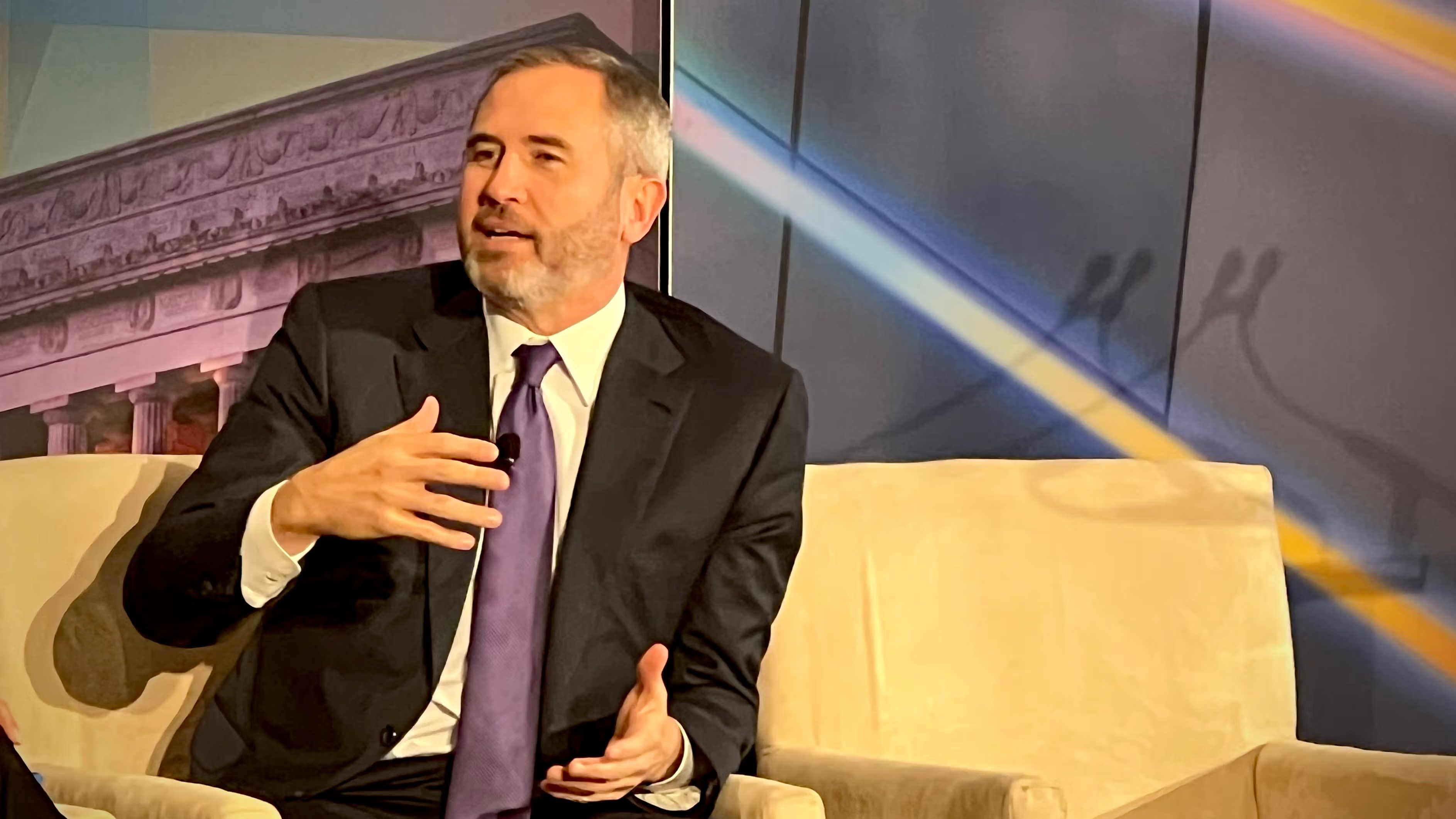Crypto exchange Binance announced the launch of a new data feed network, Binance Oracle, that allows blockchain smart contracts to connect with real-world data, starting with its in-house blockchain offering, BNB Chain.
For starters, Binance Oracle will allow existing decentralized applications (DApps) and Web3 ecosystem partners on BNB Chain to access existing data sources and advanced computations. “Over ten BNB Chain projects have already integrated with the Binance Oracle network,” confirmed Binance.
The ability to connect smart contracts with off-chain data will be made available for other blockchains in due time. Explaining the network’s importance, BNB Chain investment director Gwendolyn Regina stated:
“Using oracles to dramatically increase the smart contract’s knowledge of what’s going on outside of the blockchain, allowing it to respond to external events with specified actions will be crucial.”
Furthermore, Binance revealed the use of regional domains to ensure the system’s uptime amid unpredictable global calamities. The network uses components such as an internal Threshold Signature Scheme for each data feed and price aggregation using an algorithm, which, according to Binance, ensures high reliability.
Related: How CZ built Binance and became the richest person in crypto
Binance continues to delve into numerous crypto businesses, taking advantage of its unique position as the largest crypto exchange in terms of trading volume.
On Oct. 17, Binance Pool, a mining subsidiary of Binance, launched a $500 million fund to support the crypto mining industry through loans. Speaking to Cointelegraph, a Binance spokesperson further clarified the criteria for a potential borrower:
“One of the requirements is that the applicant must be classified as a Binance VIP user and connect at least 500 PH/s to the Binance Pool for a minimum of 24 months after the loan is issued.”
The announcement revealed certain conditions required to take out the loans, including 18-to-24-month terms, 5% to 10% interest rates, and some physical or digital assets as a security.
Read More: news.google.com









 Bitcoin
Bitcoin  Ethereum
Ethereum  Tether
Tether  XRP
XRP  Solana
Solana  Dogecoin
Dogecoin  USDC
USDC  Cardano
Cardano  Lido Staked Ether
Lido Staked Ether  TRON
TRON  Avalanche
Avalanche  Sui
Sui  Wrapped stETH
Wrapped stETH  Toncoin
Toncoin  Shiba Inu
Shiba Inu  Chainlink
Chainlink  Wrapped Bitcoin
Wrapped Bitcoin  Stellar
Stellar  Hedera
Hedera  Polkadot
Polkadot  WETH
WETH  Bitcoin Cash
Bitcoin Cash  LEO Token
LEO Token  Litecoin
Litecoin  Uniswap
Uniswap  Pepe
Pepe  Hyperliquid
Hyperliquid  Wrapped eETH
Wrapped eETH  NEAR Protocol
NEAR Protocol  Ethena USDe
Ethena USDe  USDS
USDS  Internet Computer
Internet Computer  Aptos
Aptos  Aave
Aave  Mantle
Mantle  POL (ex-MATIC)
POL (ex-MATIC)  Cronos
Cronos  MANTRA
MANTRA  Ethereum Classic
Ethereum Classic  Render
Render  Bittensor
Bittensor  Monero
Monero  Artificial Superintelligence Alliance
Artificial Superintelligence Alliance  Tokenize Xchange
Tokenize Xchange  Dai
Dai  Virtuals Protocol
Virtuals Protocol  Arbitrum
Arbitrum